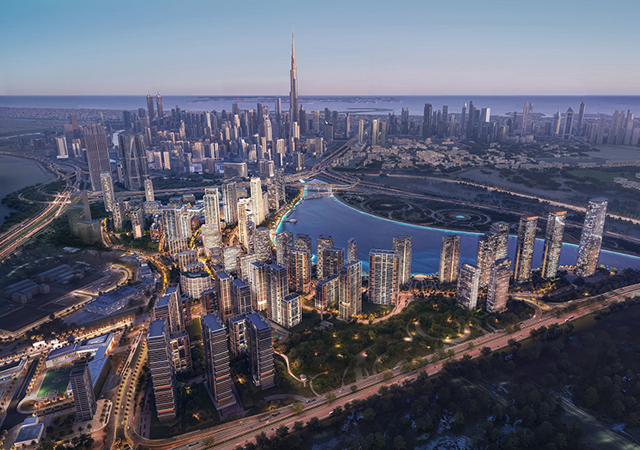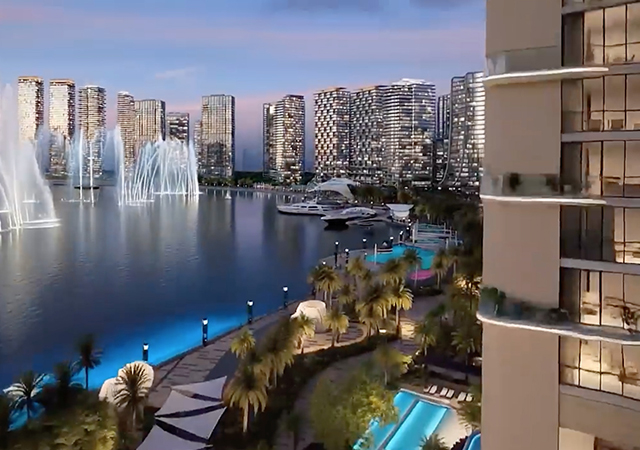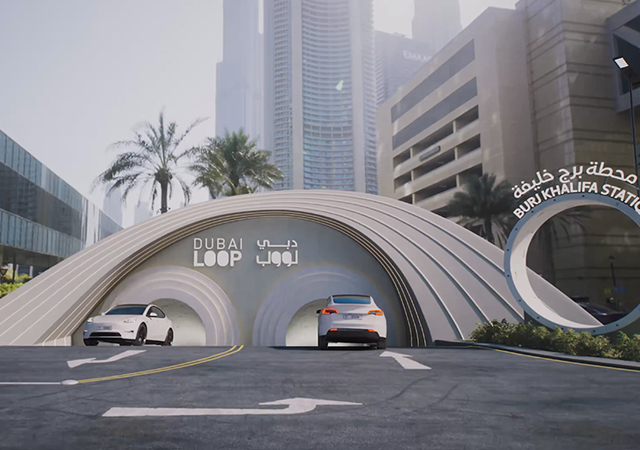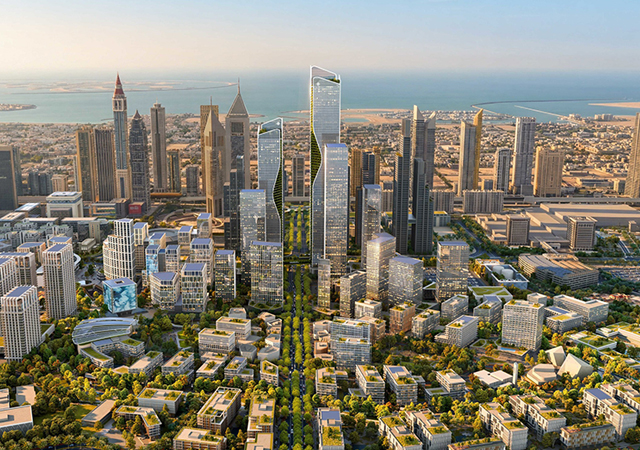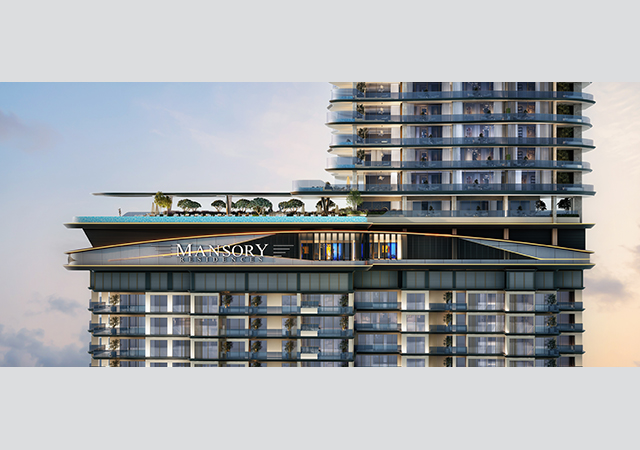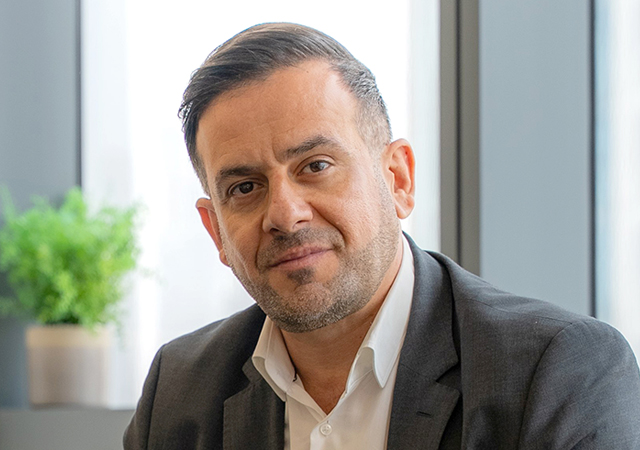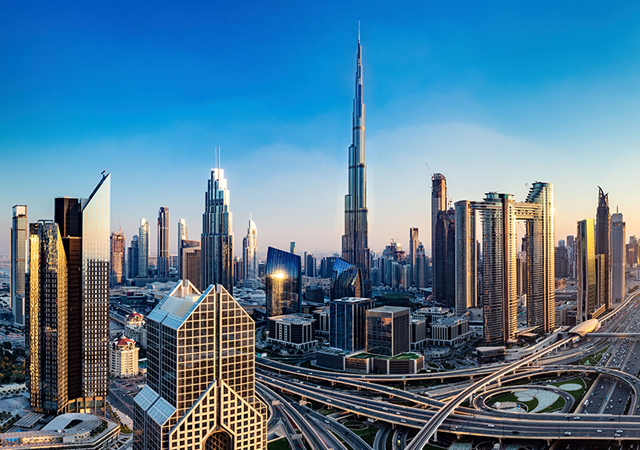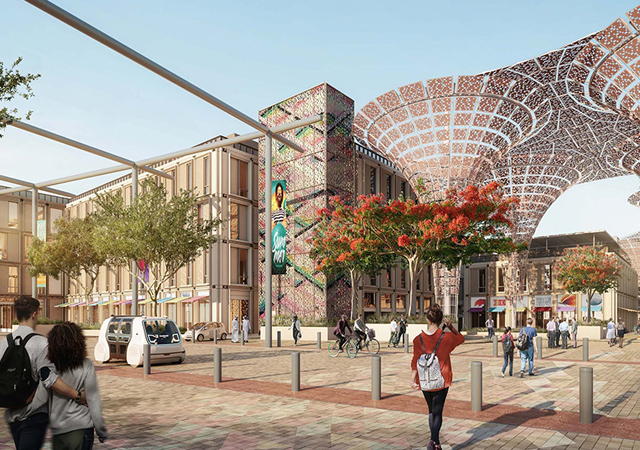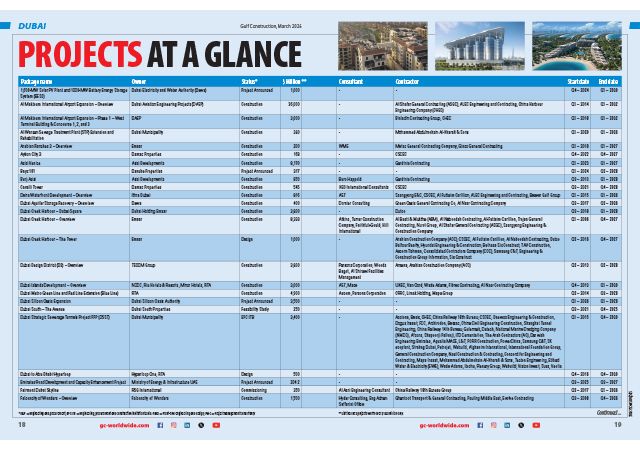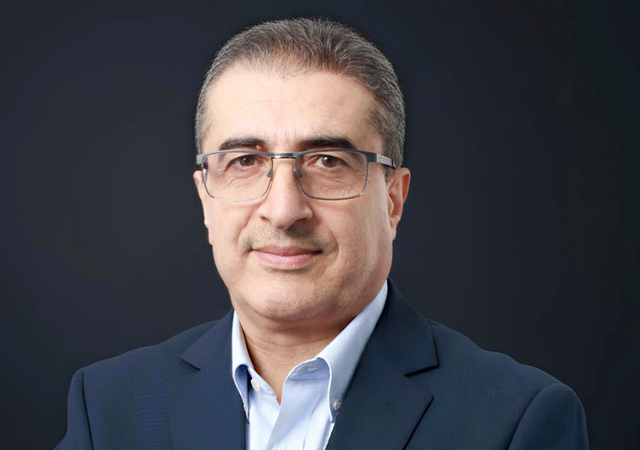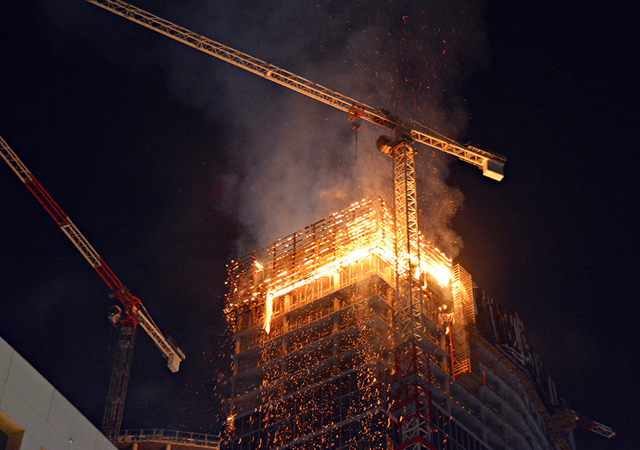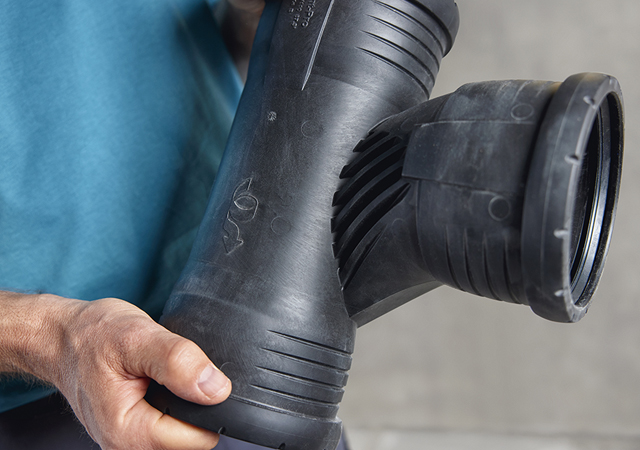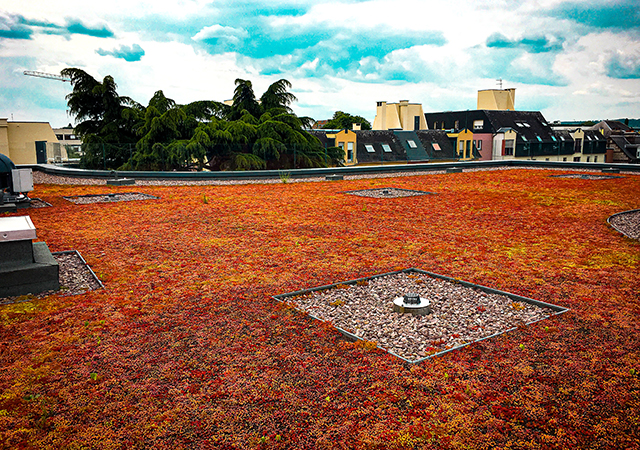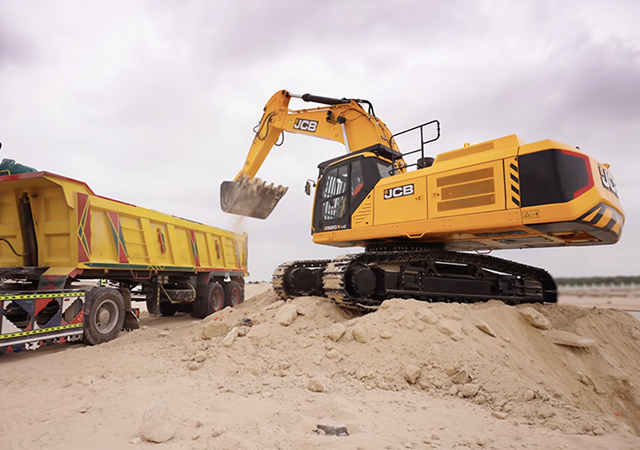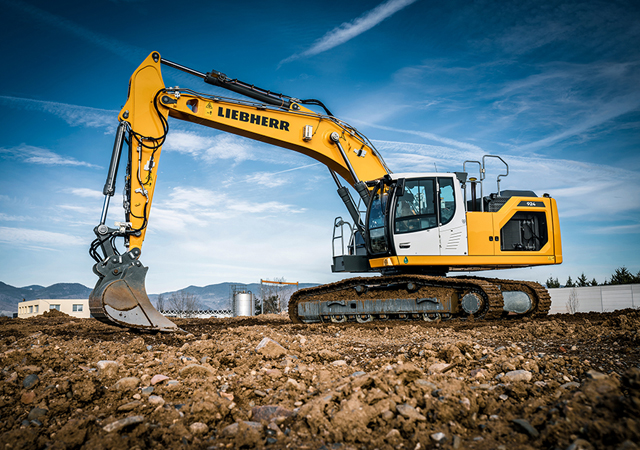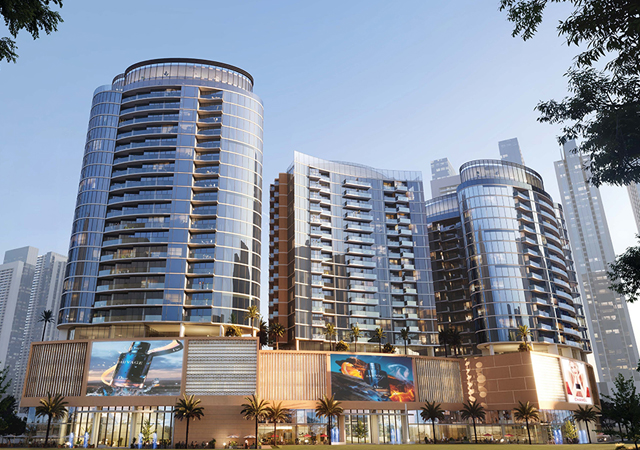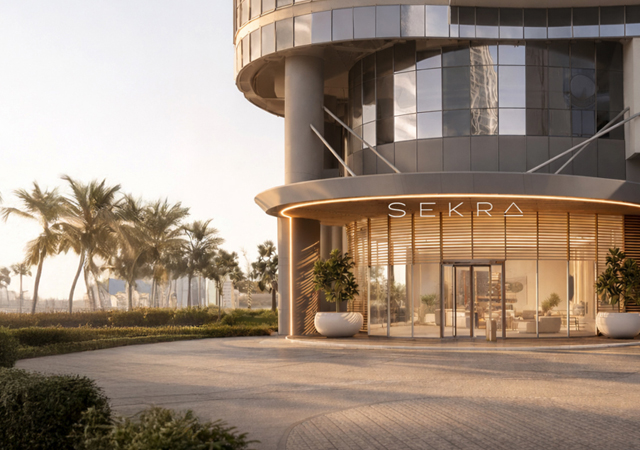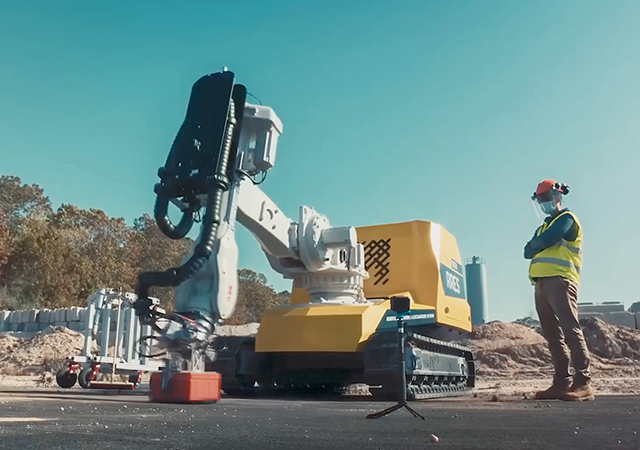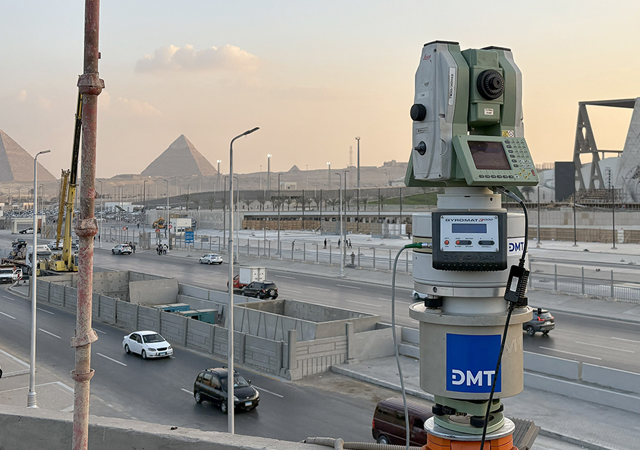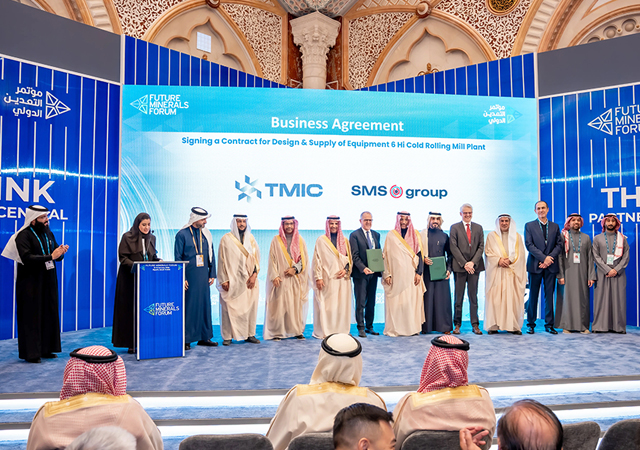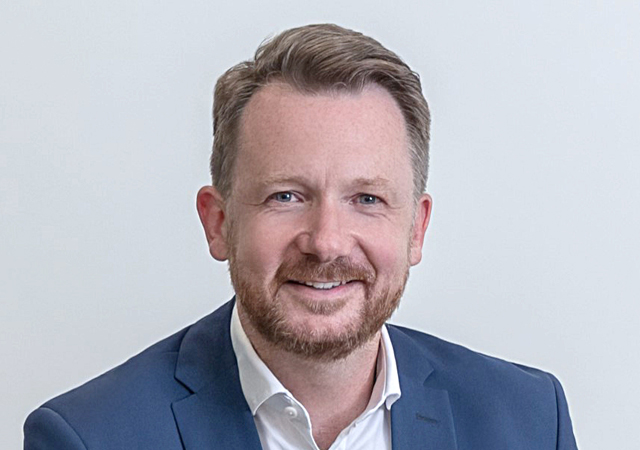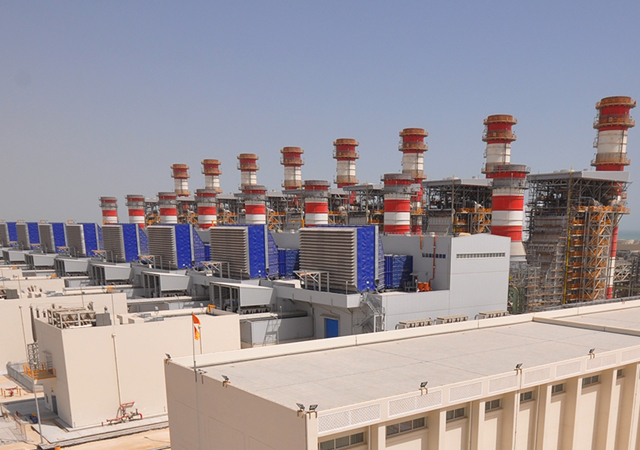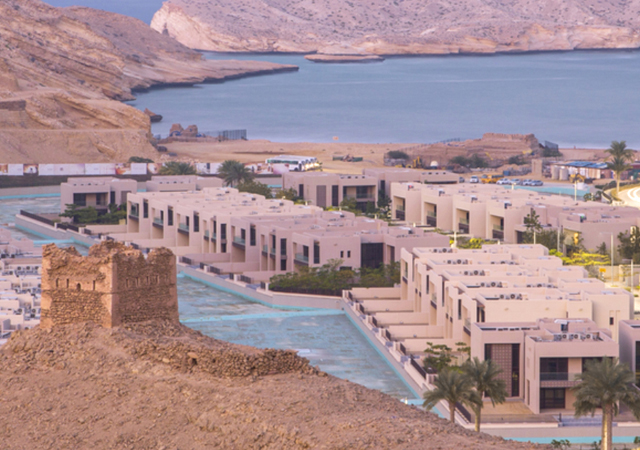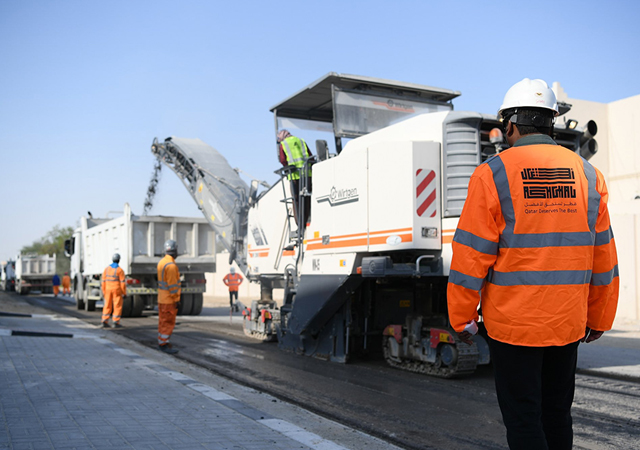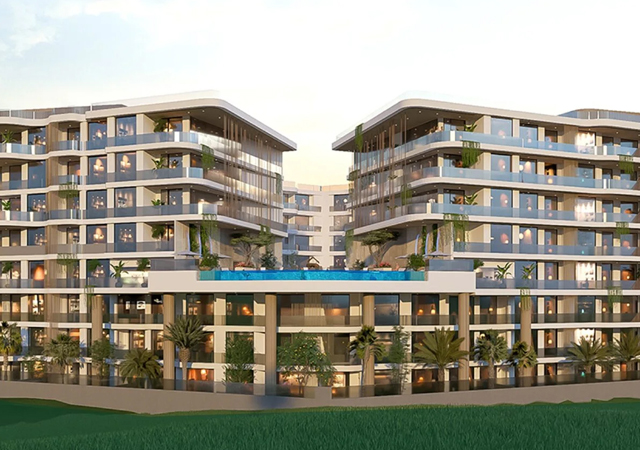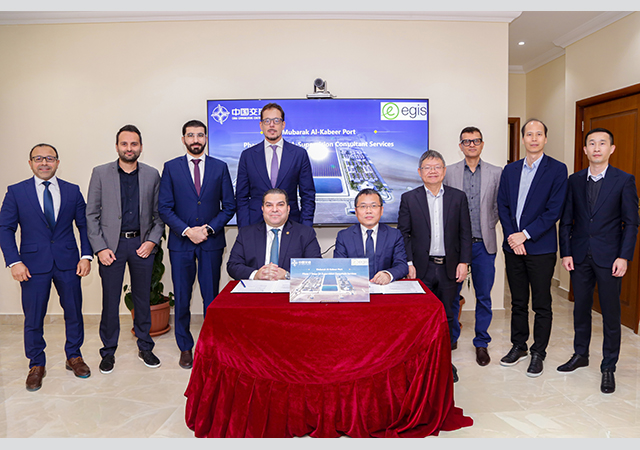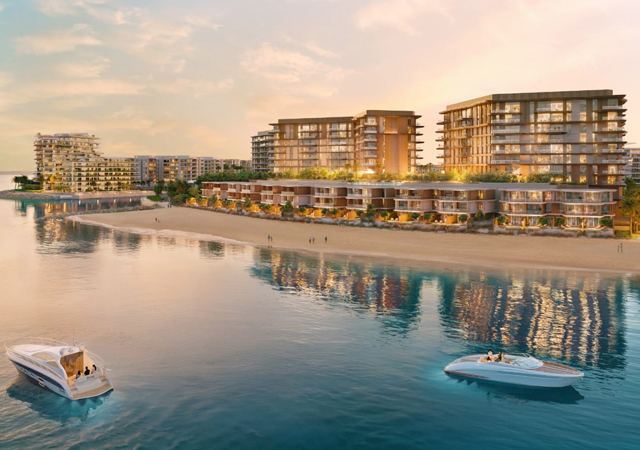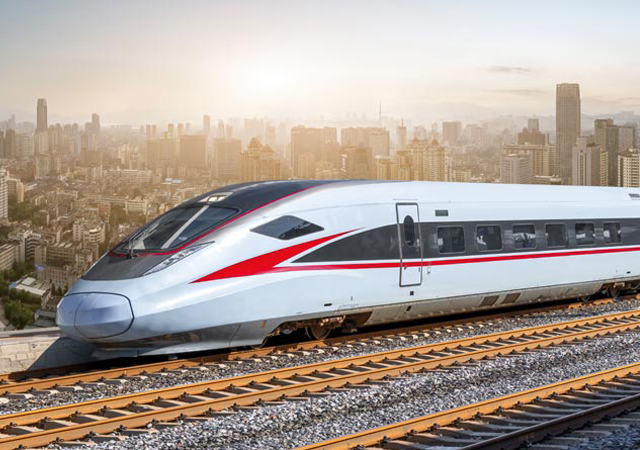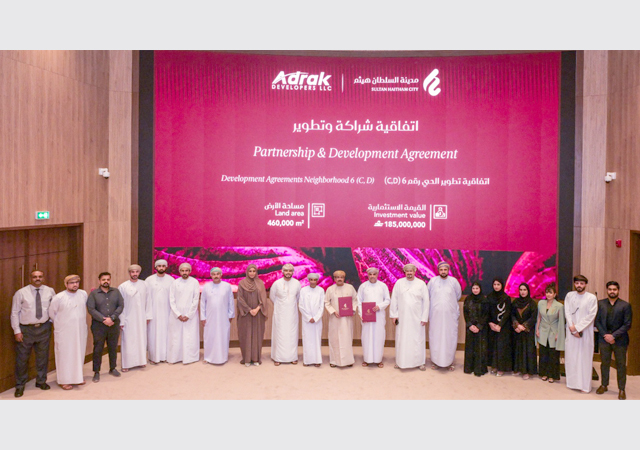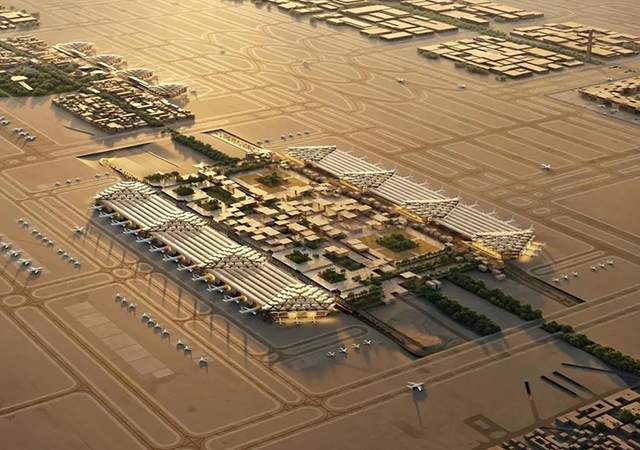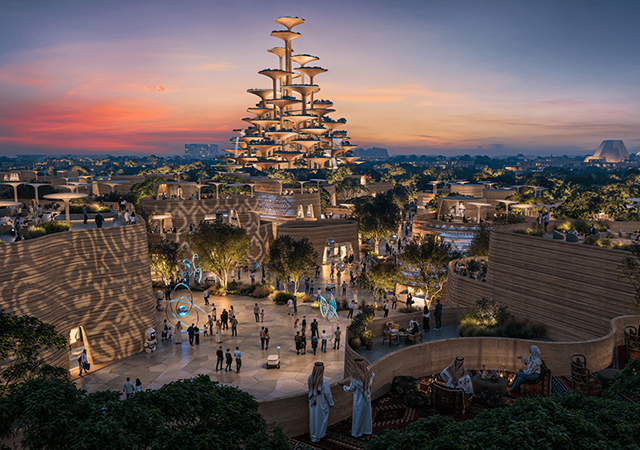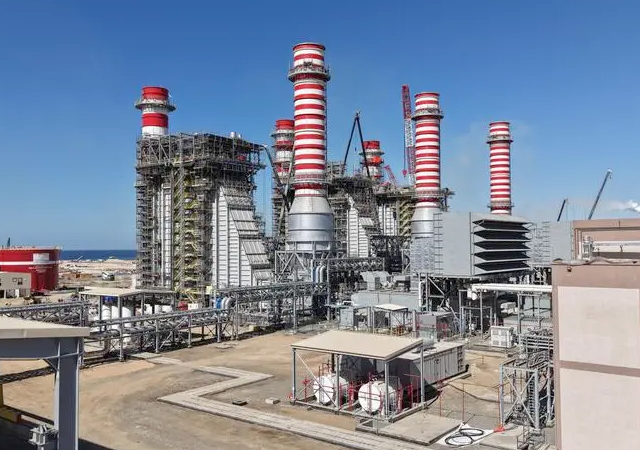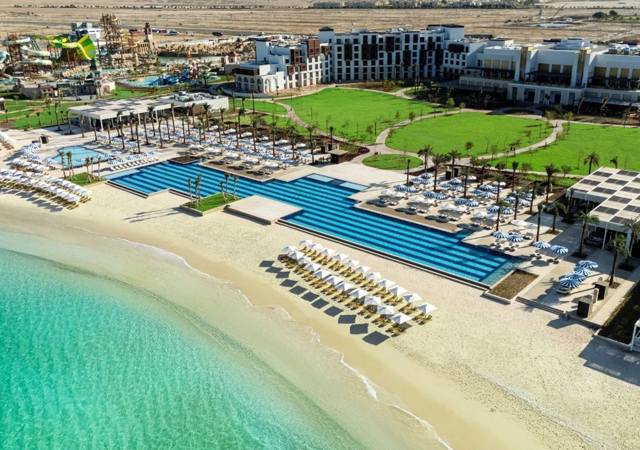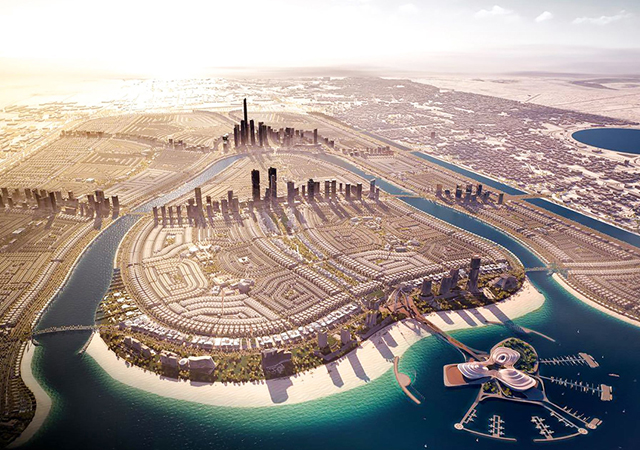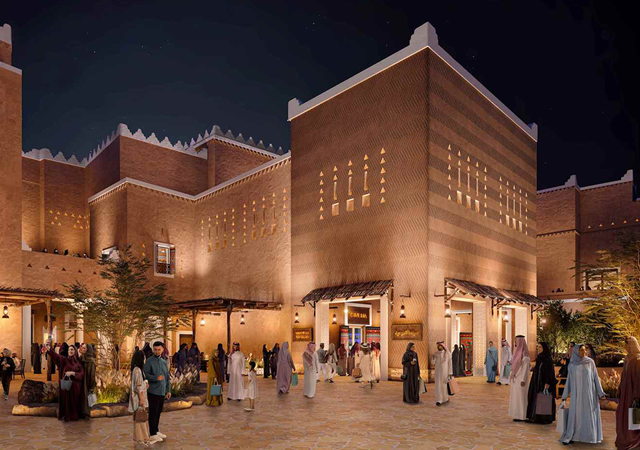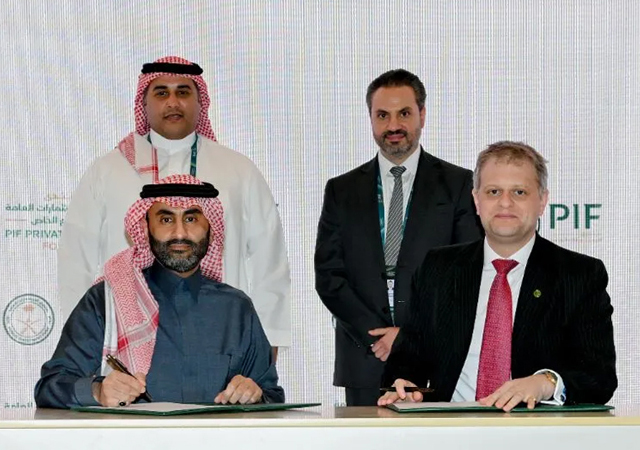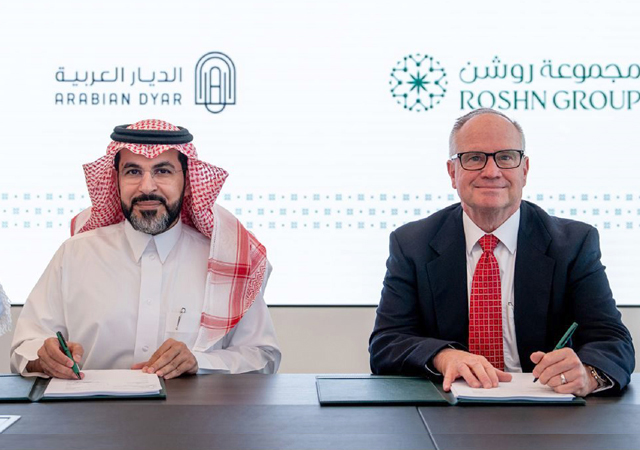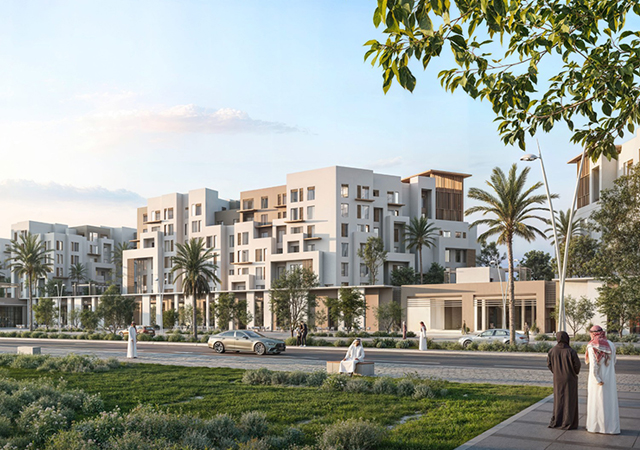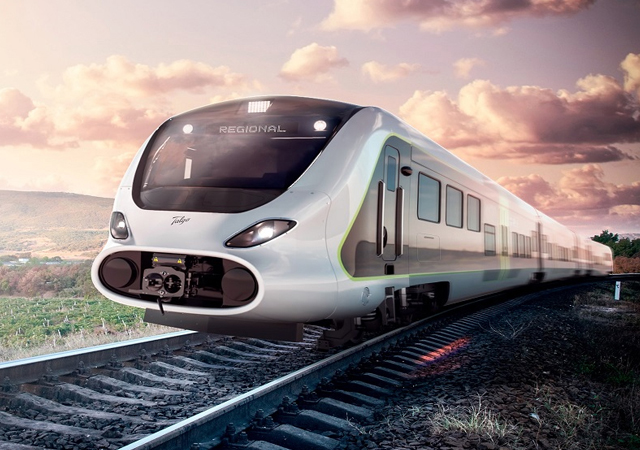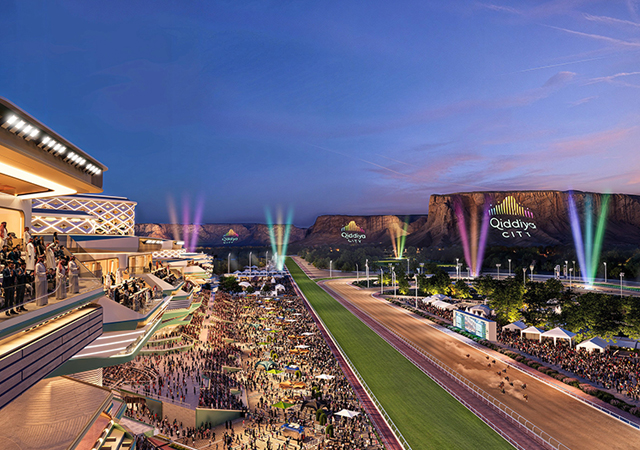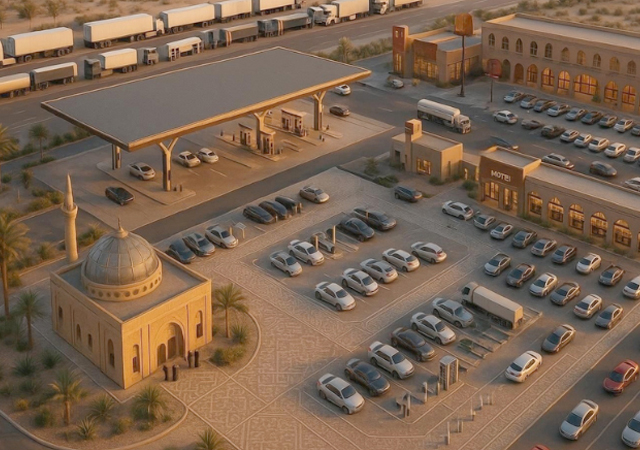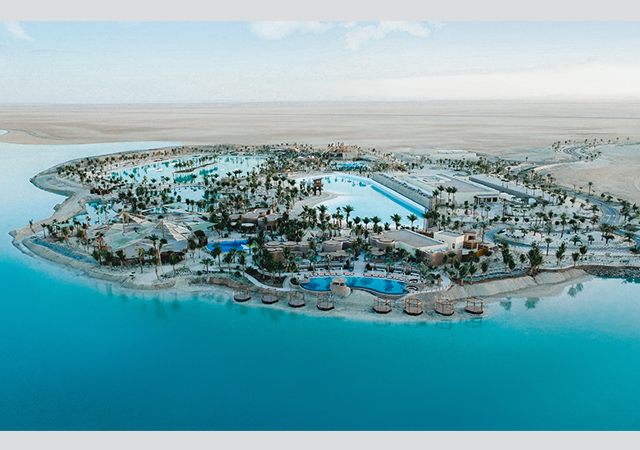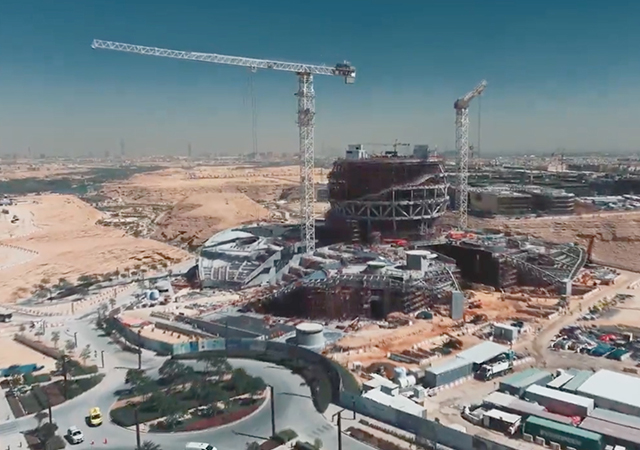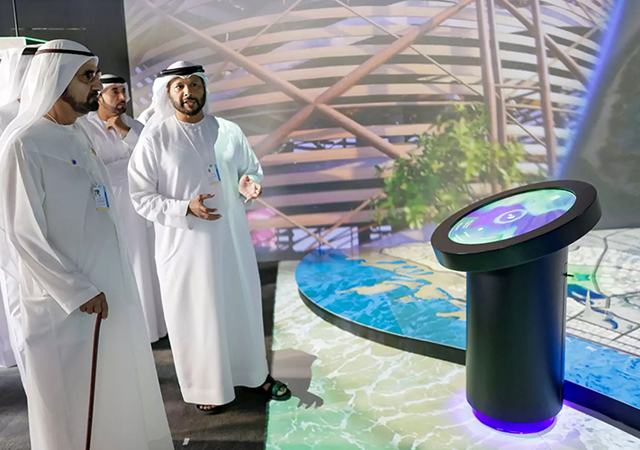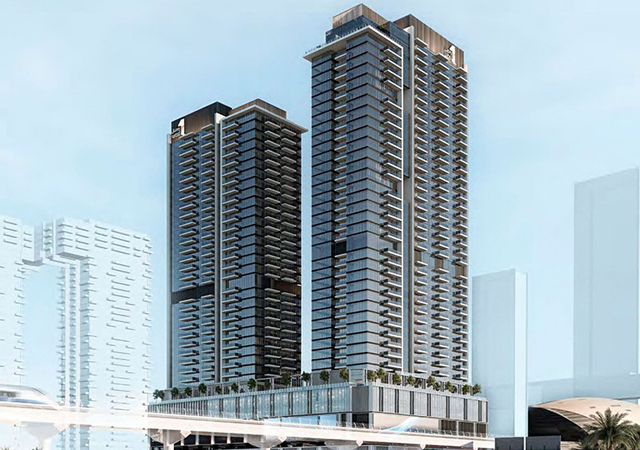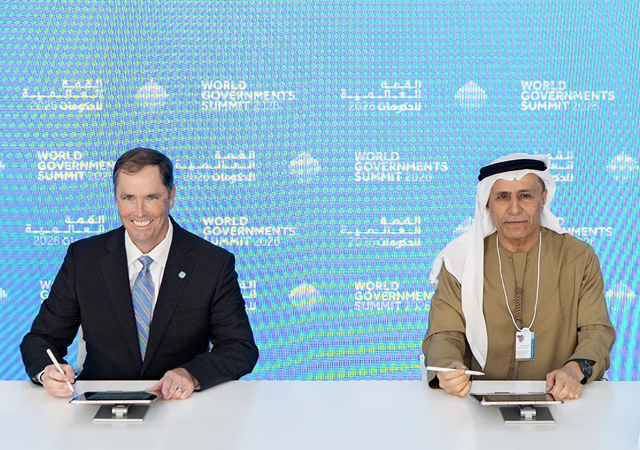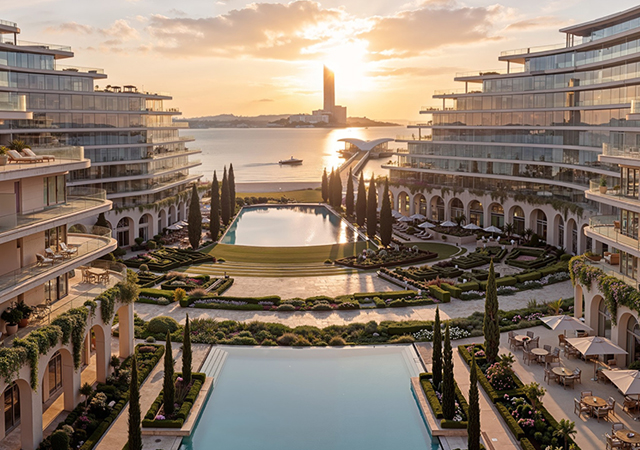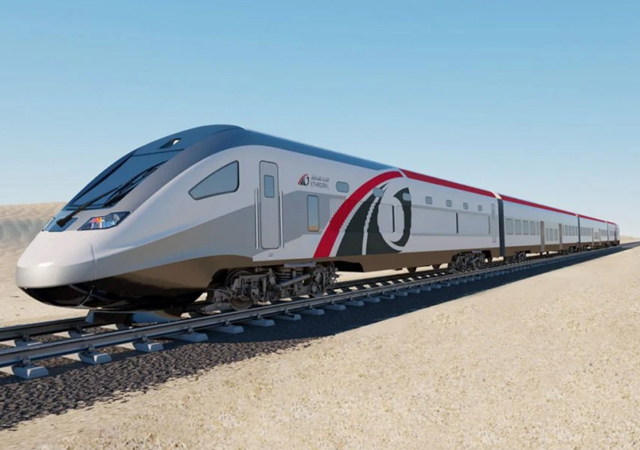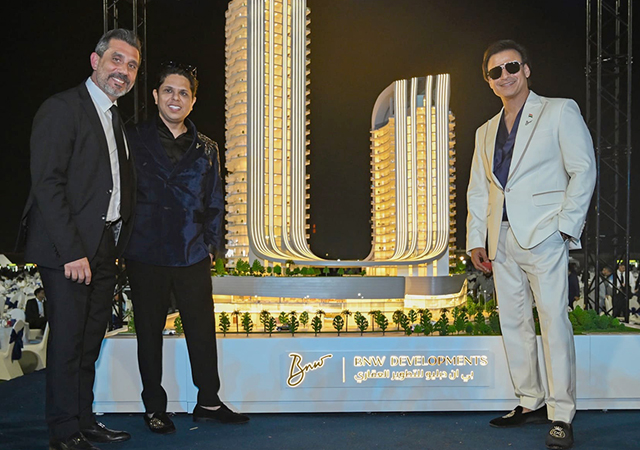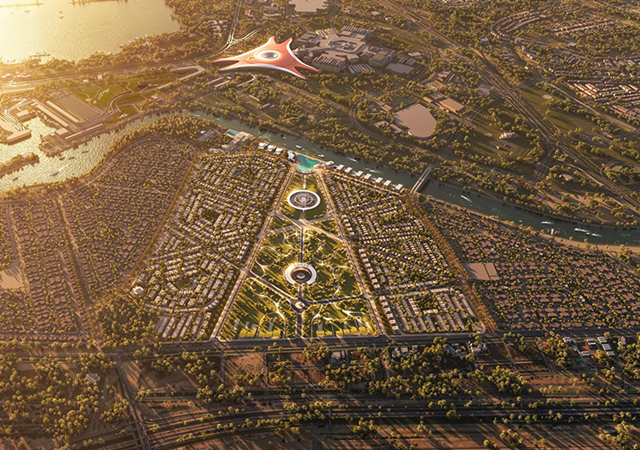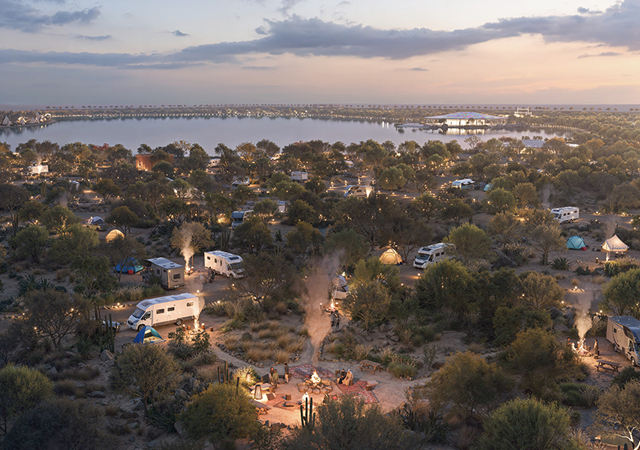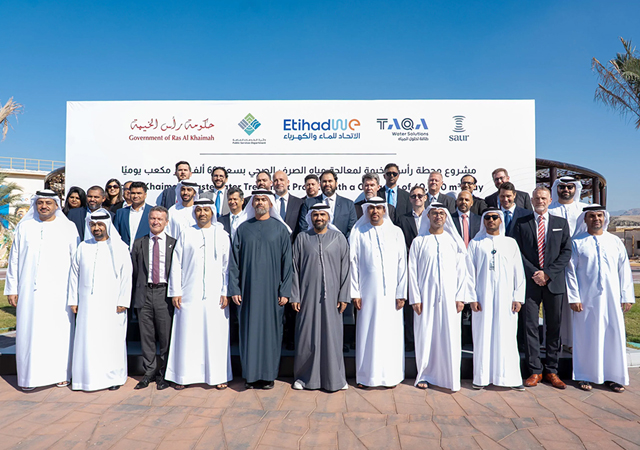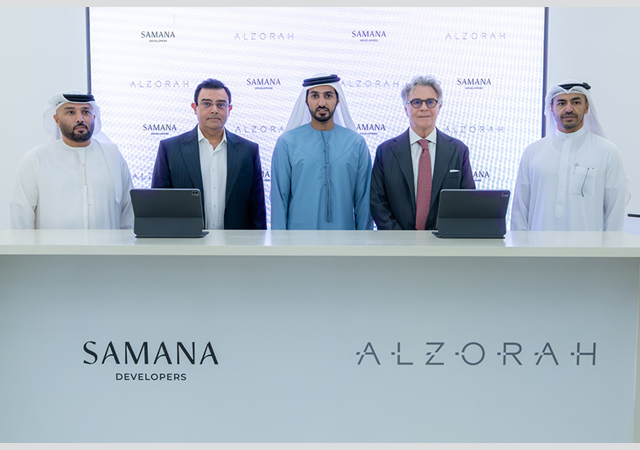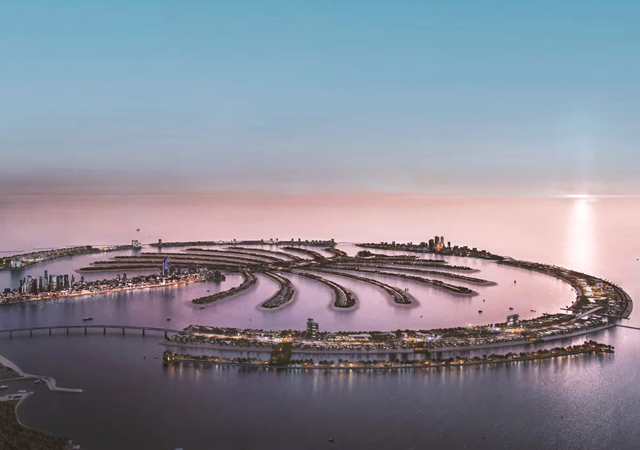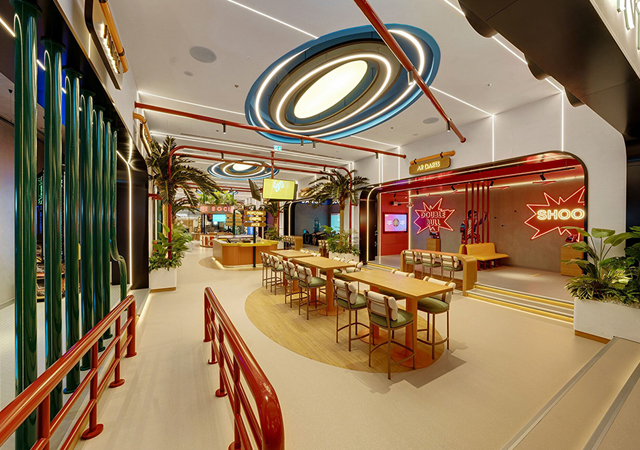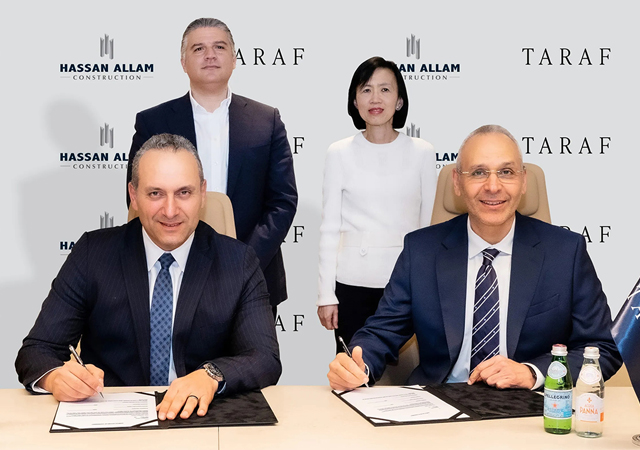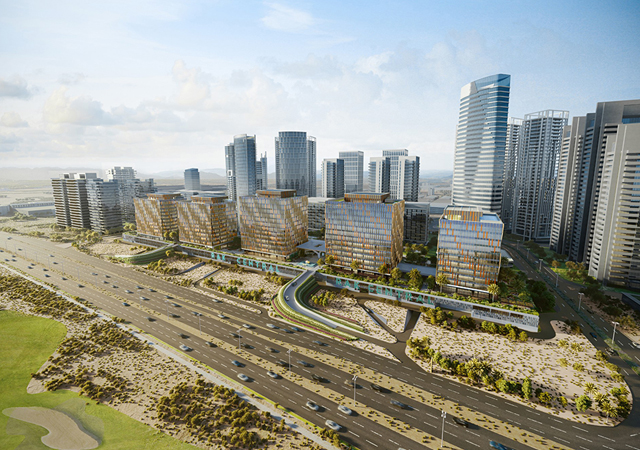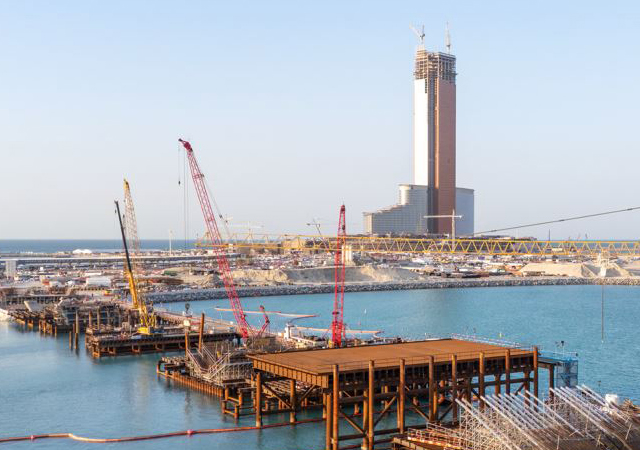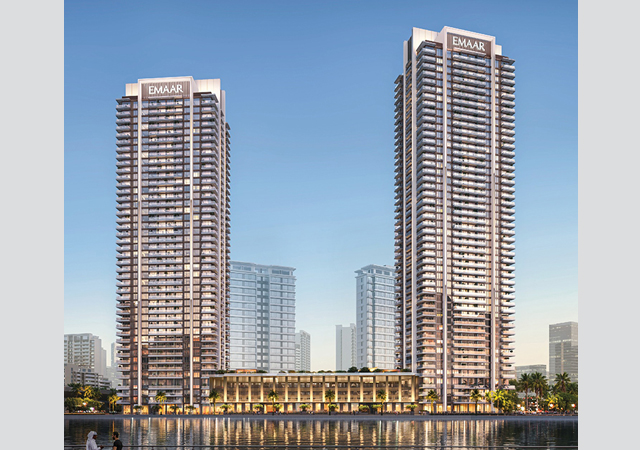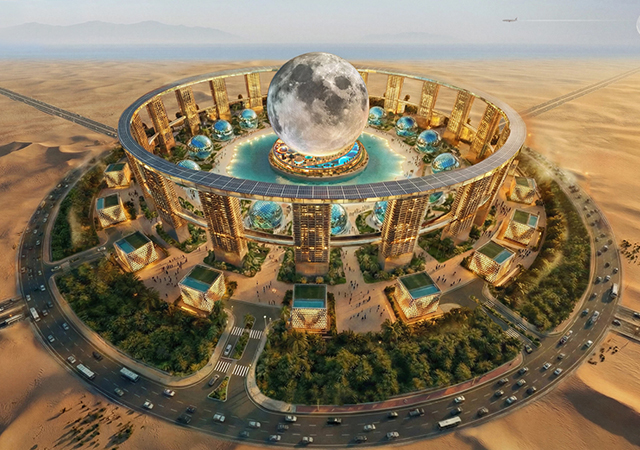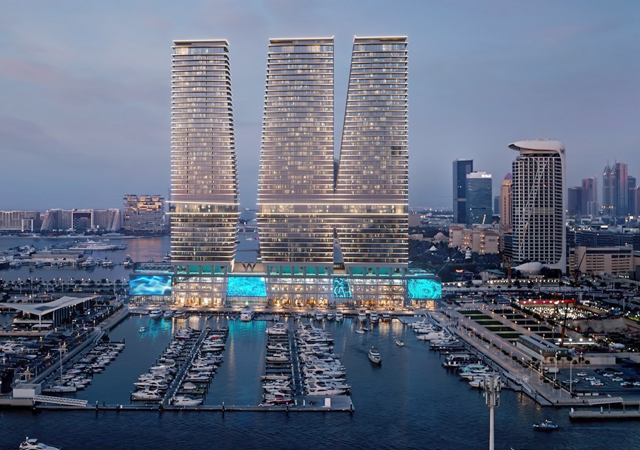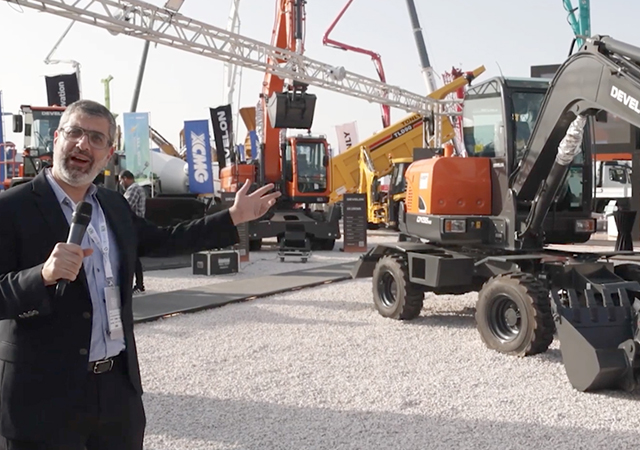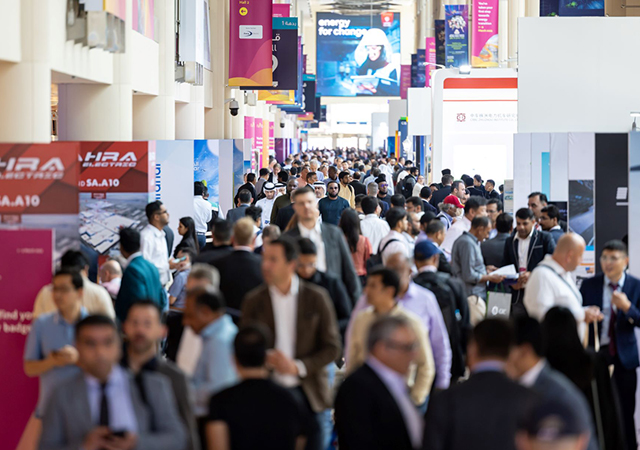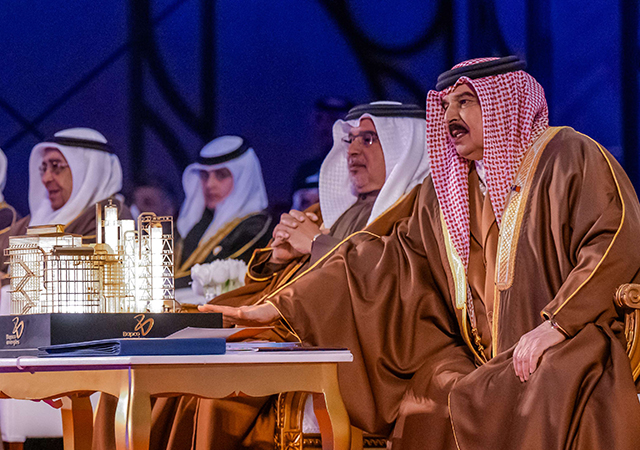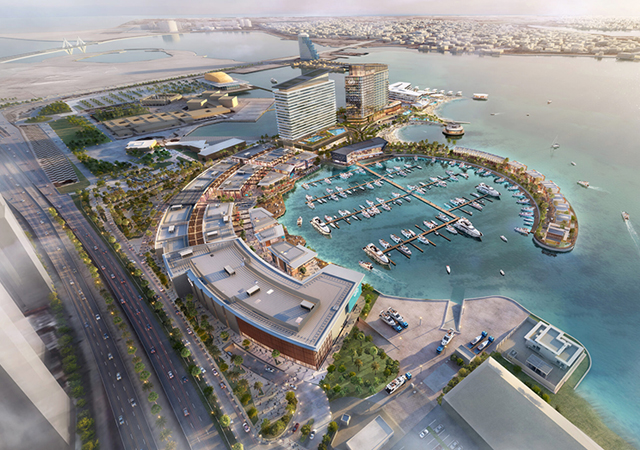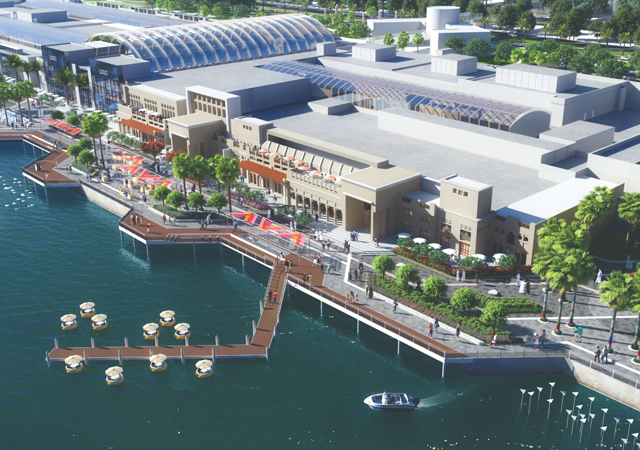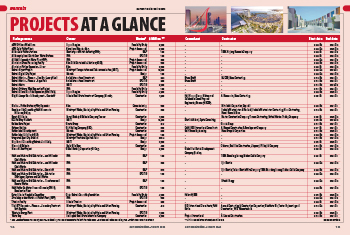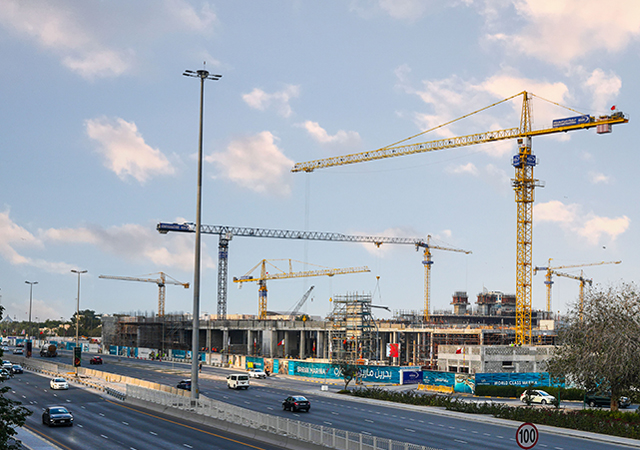

Bahrain last month marked the completion of the largest strategic development in its history and a pivotal development in the energy sector with the inauguration of $6 billion Bapco Modernization Programme.
A cornerstone of the Kingdom’s 2030 Vision, the project – which has been an important source of business for the construction and engineering sector – reinforces Bahrain’s long-term goals of increasing refining capacity, diversifying its energy portfolio, and enhancing efficiency.
With the mega project complete, the kingdom’s construction sector, which has seen steady growth after the Covid pandemic, now waits for a transformative phase that will involve some big-ticket infrastructure projects.
Among these are the $3-billion Bahrain Metro and the $5-billion King Hamad Causeway, a vital second link to Saudi Arabia and a key component of the ambitious Gulf Railway project. The kingdom is also considering a greenfield project to develop an international airport terminal that will replace its existing hub after it reaches its maximum capacity by 2035.
These high-profile initiatives underscore Bahrain’s commitment to enhancing regional connectivity and modernising its infrastructure, setting a tone of ambition and progress for the kingdom’s construction sector.
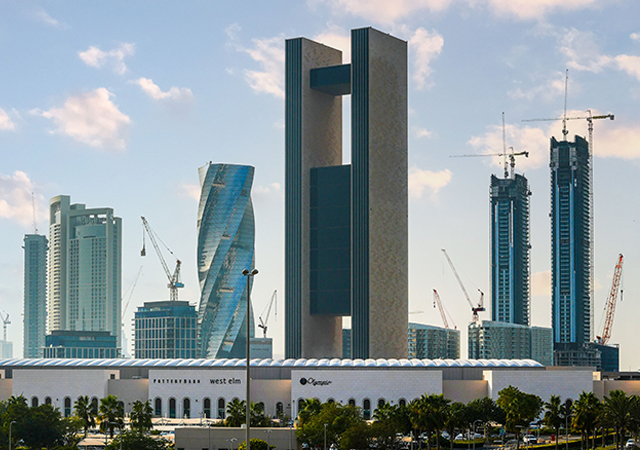 |
|
Major construction activity is under way on real estate projects in the capital. |
In the past few years, Bahrain’s construction sector has been buoyed by projects funded through the GCC Development Fund and initiatives spearheaded by Mumtalakat Holding Company, Bahrain’s sovereign wealth fund, via its real estate investment arm, Bahrain Real Estate Investment Company (Edamah). A strategic shift is underway, with the government increasingly turning to private sector participation to drive progress. This approach has been particularly evident in housing, real estate development, and utilities projects, where public-private partnerships (PPPs) are now at the forefront.
To address the country’s pressing housing needs, the private sector has taken on a pivotal role, delivering innovative solutions and contributing significantly to national development. In parallel, the government has leveraged PPP models to address the country’s utility requirements. Notable recent initiatives include the launch of the prequalification process for potential developers of the Sitra Independent Water and Power Project and the Hidd Independent Water Project. These projects not only aim to meet growing demand but also showcase Bahrain’s commitment to fostering sustainable and efficient energy and water solutions.
Bahrain is also channelling significant effort into unlocking its tourism potential. The government’s four-year Tourism Strategy (2022-2026) has already attracted substantial interest from global hospitality players, with the Kempinski Group being one of the latest to invest in the kingdom. Other recent entrants include Sunset Hotels & Resorts, which is launching branded properties at Amwaj Islands.
This emphasis on tourism complements Bahrain’s broader economic diversification efforts, aiming to establish the country as a premier destination for regional and international visitors.
The hospitality landscape in Bahrain is poised for significant growth, with plans to open 16 new hotels between 2024 and 2026, adding over 3,000 rooms to the existing inventory. Notable new openings include prestigious establishments such as the Conrad Bahrain Financial Harbour, Hawar Resort by Mantis, and the Kempinski Bahrain Harbour Hotel and Residences. These new hotels will enhance the island’s vibrant accommodation scene, catering to both leisure and business travellers.
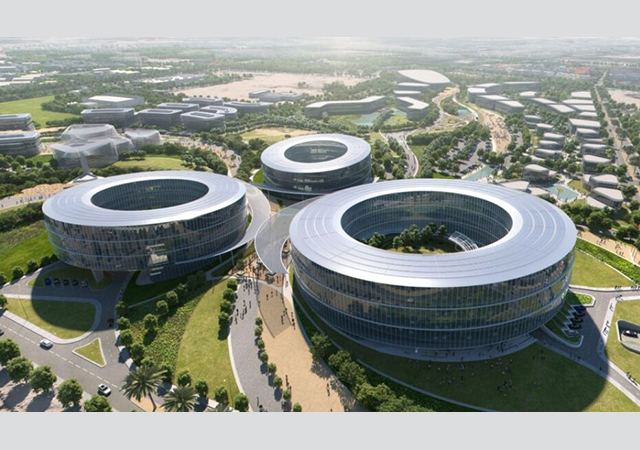 |
|
Digital City ... to be developed by telecom group Beyon, in partnership with Edamah. |
The construction sector makes a significant contribution to Bahrain’s economic growth and diversification, contributing 6.4 per cent to the GDP in Q2 2024, according to the Bahrain Economic Quarterly report (Q2) from the Ministry of Finance. Real estate activities accounted for an additional 3.9 per cent of GDP, underscoring the sector’s critical role.
GDP from construction rose to BD239.57 million ($629.69 million) in Q2 2024, up from BD235.86 million in Q1. Since 2012, GDP from construction in Bahrain has averaged BD217.2 million, with a record high of BD247.98 million in Q4 2023 and a low of BD169.1 million in Q3 2012, according to Trading Economics, a leading provider of economic data.
The GCC Development Fund has been instrumental in driving public sector projects, with $6.25 billion worth of contracts awarded to date. Contracts awarded in Q2 2024 included the Northern Road project and the Tubli Sewage Plant project. These investments not only enhance infrastructure but also create a foundation for sustained economic growth and improved quality of life for Bahrain’s residents.
As Bahrain’s construction sector evolves, the convergence of public and private initiatives will be critical. By fostering innovation, attracting international investment, and prioritising sustainable development, the kingdom is well-positioned to navigate future challenges and achieve its long-term vision of economic diversification and resilience.
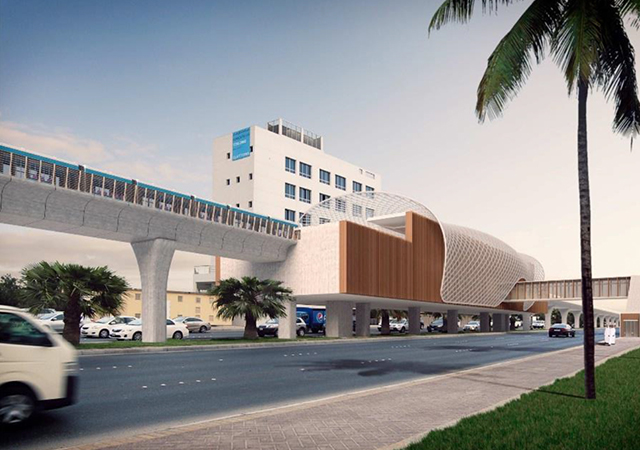 |
|
The proposed $3-billion Bahrain Metro network will extend across 109 km. |
Bahrain Metro
According to the Ministry of Transport and Telecommunications website, seven consortiums have been prequalified for implementing the first phase of the Bahrain Metro project.
The 109-km metro network will be developed in phases. Phase One will extend 29 km and will include 20 stations which will be operated through two lines – the first line connecting Bahrain International Airport to Seef District, while the other will connect Juffair to the educational area in Isa Town. In addition, under Phase 1A that extends 8 km with four stops, the network will be connected to the proposed King Hamad International Passenger Station in Ramli area.
The ministry is also studying Phase Two of the project, extending across 18 km and including five stops, which would link this railway passenger station with the new Sports City and Bahrain International Exhibition and Convention Centre in Sakhir.
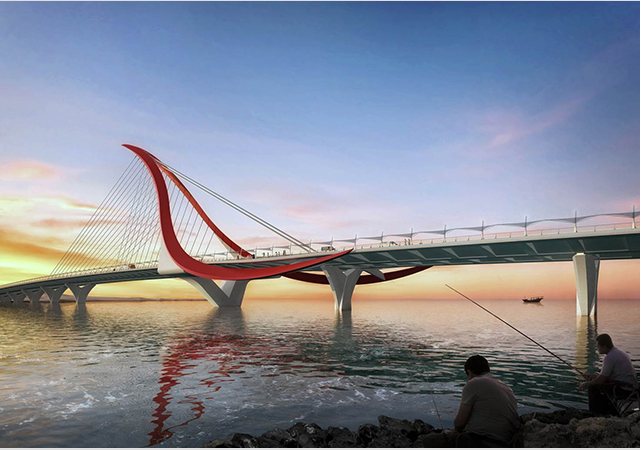 |
|
Busaiteen Link Package 4 includes the 550-m Signature Bridge. |
Roads & Bridges
Bahrain continues to prioritise the development of its transportation infrastructure, with several significant projects underway or in the planning stages. While some projects, like the King Hamad and Bahrain-Qatar causeways, remain in the planning phase, others, such as the Busaiteen Link and Al Fateh Highway widening, are making substantial progress.
The King Hamad Causeway, a second causeway connecting Saudi Arabia and Bahrain and running parallel to the existing King Fahd Causeway, remains a key part of Bahrain’s $30 billion Strategic Projects Plan announced in 2021. This 25-km project, set to include the GCC railway line, is expected to be implemented through a public-private partnership (PPP). However, no updates have been provided on its development since its inclusion in the plan.
Another long-awaited bridge project is the Bahrain-Qatar Causeway which is still under consideration. In February 2024, officials from Bahrain and Qatar agreed to restructure the project’s board as part of its implementation plan. If constructed, this 40-km link could become the world’s longest man-made bridge.
Meanwhile, significant advancements have been made on the Busaiteen Link project, which will be the Fourth Manama-Muharraq Crossing. Packages One and Two have been completed, covering land reclamation, rock revetment edge protection, and diversion of existing outfalls for a section of the Busaiteen Link Road and associated roads from Muharraq North Shore to Bahrain Bay,
In June, a joint venture of Nass Contracting Company and Nassir Hazza Al Subaie for Contracting secured the BD37.23 million ($98 million) contract for Package 3. The scope of this package includes roads for Muharraq Ring Road Phase Two, specifically from Junction 1 to Junction 4, the construction of an 8.3-km highway and a 2.4-km carriageway, along with other related infrastructure works. This project, funded by the Saudi Fund for Development, is scheduled for completion by Q4 2025.
Four major contractors have submitted bids for the Busaiteen Link Package 4. Haji Hassan Group emerged as the lowest bidder with an offer of BD104.2 million. This package involves the development of the Busaiteen Link between Junctions 4 and 5, the construction of the 550-m Signature Bridge and related approach ramps, and a loop road bridge connecting the new Busaiteen Link to the existing North Manama Causeway Phase One. Other bidders included Cebarco Bahrain, Al Rashid Trading and Contracting Company, and Six Construct Company, with offers ranging from BD162.4 million to BD221 million.
Meanwhile, work continues on widening of the arterial Al Fateh Highway, from Mina Salman Junction to Al Juffair Avenue Junction – which has involved demolition work at Ghirayfah. Other key road projects include the development of Prince Saud Al Faisal Highway project, the widening and upgrade of National Charter Highway and the Isa Town Gate Interchange Project, work on which has just commenced.
Power & Water
Bahrain’s Electricity and Water Authority (EWA) continues to push ahead with its strategic plans to expand and enhance the country’s electricity and water infrastructure. As part of these efforts, the authority is planning two significant projects in partnership with the private sector: the Sitra Independent Water and Power Plant (IWPP) and the Hidd Independent Water Plant (IWP). Both projects are set to be implemented over the next four years.
These initiatives align with EWA’s strategy to phase out aging plants in favour of more efficient facilities that consume less natural gas and significantly reduce CO2 emissions.
In response to EWA’s prequalification tender, nine prominent regional and international developers have expressed interest in the Sitra IWPP and seven in the Hidd project. The Sitra IWPP will have a power generation capacity of 1,200 MW and a seawater desalination capacity of 30 million imperial gallons per day (MIGD). Initial commercial operations are expected to commence in the second half of 2028, with full operations targeted for the second quarter of 2029.
The Hidd plant is projected to deliver 60 MIGD of water daily, with full commercial operations anticipated by the second quarter of 2028.
According to EWA President Engineer Kamal bin Ahmed Mohammed, qualified developers would be invited to participate in an international competitive tender, which will be issued in the second quarter of 2025. These projects are projected to attract foreign investments amounting to approximately $2 billion.
In addition to these major developments, EWA is constructing a new seawater reverse osmosis (SWRO) desalination plant on Hawar Island, located off Bahrain’s southeastern coast.
This facility will include a desalination plant with a net capacity of 1 to 2 MIGD, two ground storage tanks with a capacity of 1 million gallons each, and associated forwarding pumps. The project will be executed on an engineering, procurement, and construction (EPC) basis, with completion expected within one year.
EWA also plans to announce new solar power station projects in the near future.
In parallel, Bapco Energies of Bahrain has signed an agreement with Abu Dhabi Future Energy Company, Masdar, to jointly explore and invest in wind energy projects within the kingdom. This collaboration aims to develop wind projects with a capacity of up to 2 GW, supporting Bahrain’s efforts to decarbonise critical industrial sectors and expand clean energy markets. It aligns with the kingdom’s National Energy Strategy, which targets a 30 per cent reduction in emissions by 2035 and achieving net-zero emissions by 2060.
Housing
Bahrain’s ongoing efforts at addressing its housing shortage is bearing fruit with the latest milestone having been the completion of the ‘vertical housing units’ in Salman City. Built at a cost of BD132 million with the support of the Abu Dhabi Fund for Development, as part of the Gulf Development Fund, the Salman City Housing Project provides 1,362 residential apartments located on Island 12.
Building on this momentum, the Ministry of Housing and Urban Planning (MoHUP) issued tenders for the construction of hundreds of housing units on Islands 12, 13 and 14 of Salman City as part of the Government Land Development Rights Programme (GLDRP) (see Tenders).
Furthermore, the ministry announced plans to develop up to 3,000 residential units and apartments at Madinat Khalifa, spanning a 1.6 million sq m area, in collaboration with private real estate developers. This public-private partnership model aims to accelerate the delivery of affordable housing options.
Meanwhile, work continues on other major housing projects across the kingdom. The MoHUP recently awarded a BD119 million contract to China Machinery Engineering Corporation (CMEC) for the third and final phase of the Sitra housing project. This phase will encompass 1,269 new housing units and comprehensive infrastructure, including a 23.6-km road network, sewage and rainwater drainage systems, and various essential services. The third phase will span 670,000 sq m and is set to commence in the first quarter of 2025. The second phase of the Sitra housing project, comprising 531 units, was successfully inaugurated earlier this year.
Additionally, the ministry is preparing to appoint a consultant for the third phase of the East Sitra Housing Project, which will include the construction of 531 residential units and associated infrastructure. The East Sitra Housing complex, to be built on a 253.4-hectare reclaimed island, is strategically connected to the Sheikh Jaber Sitra Highway. Upon completion, this ambitious project will provide 3,000 affordable housing units for citizens.



